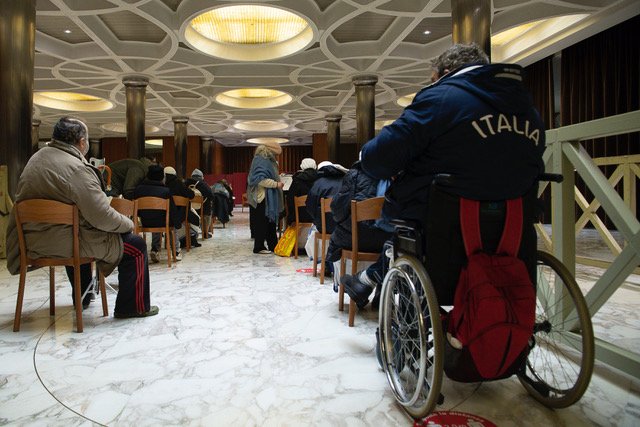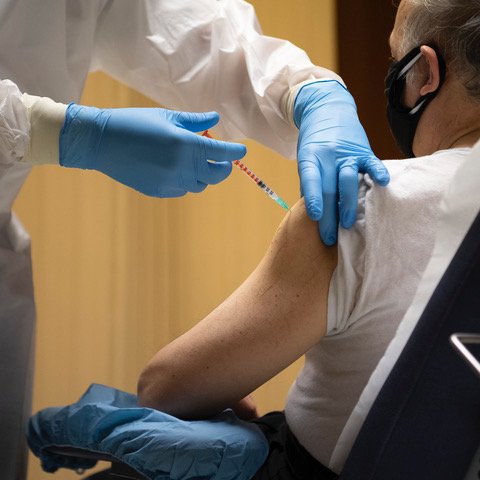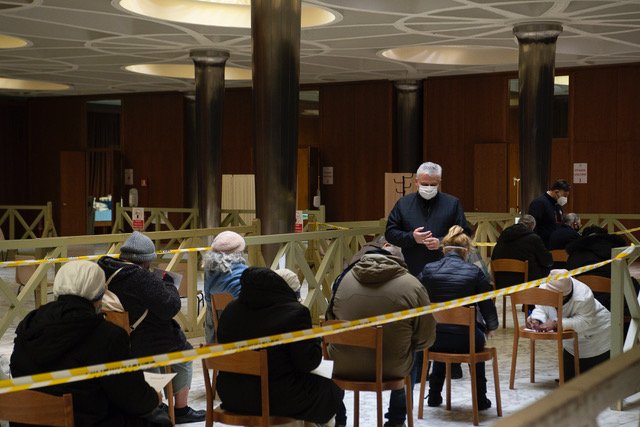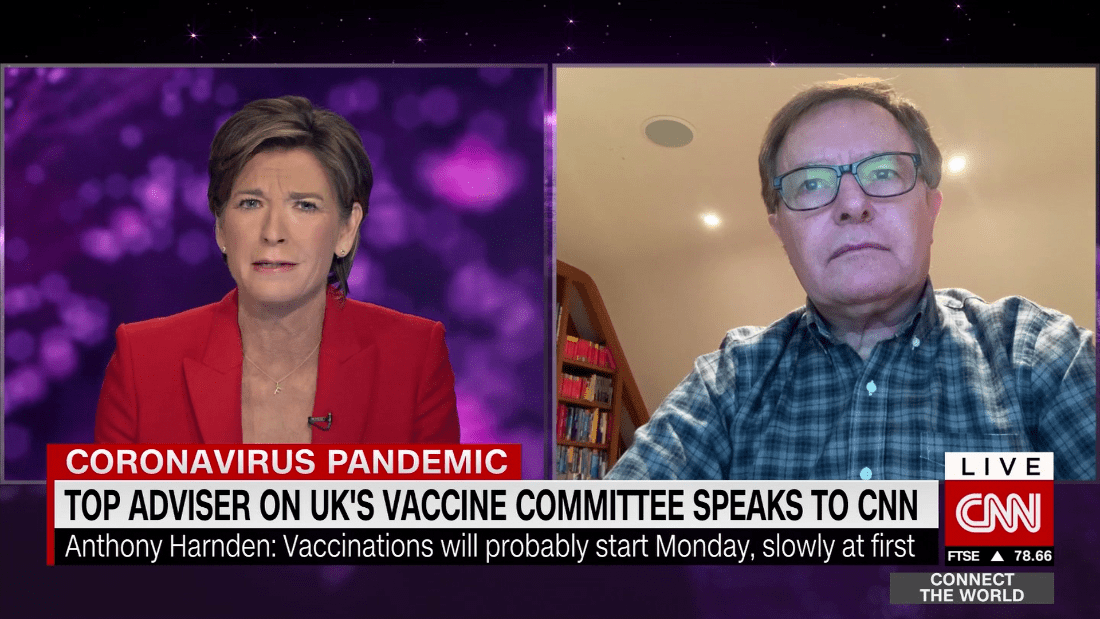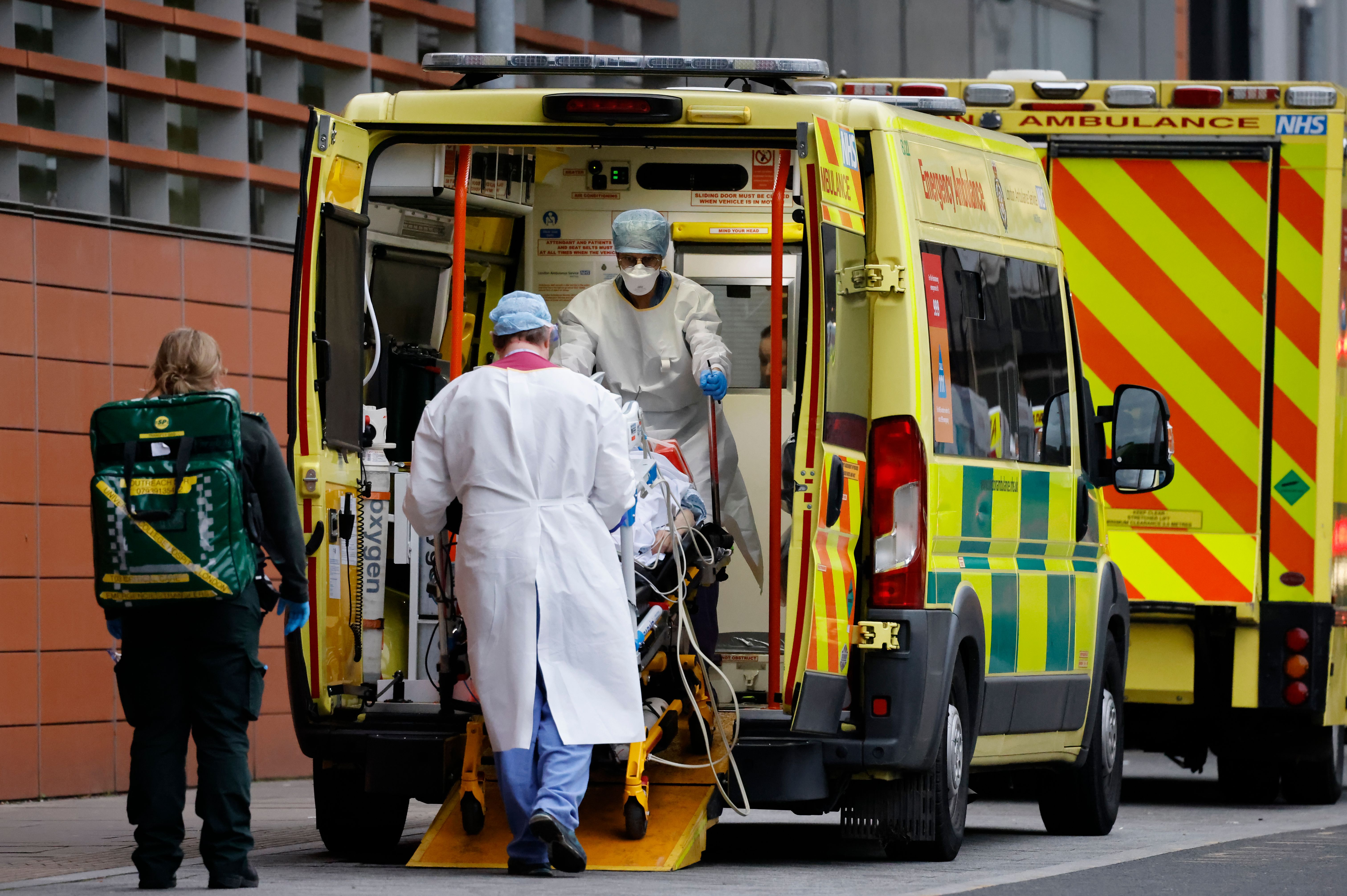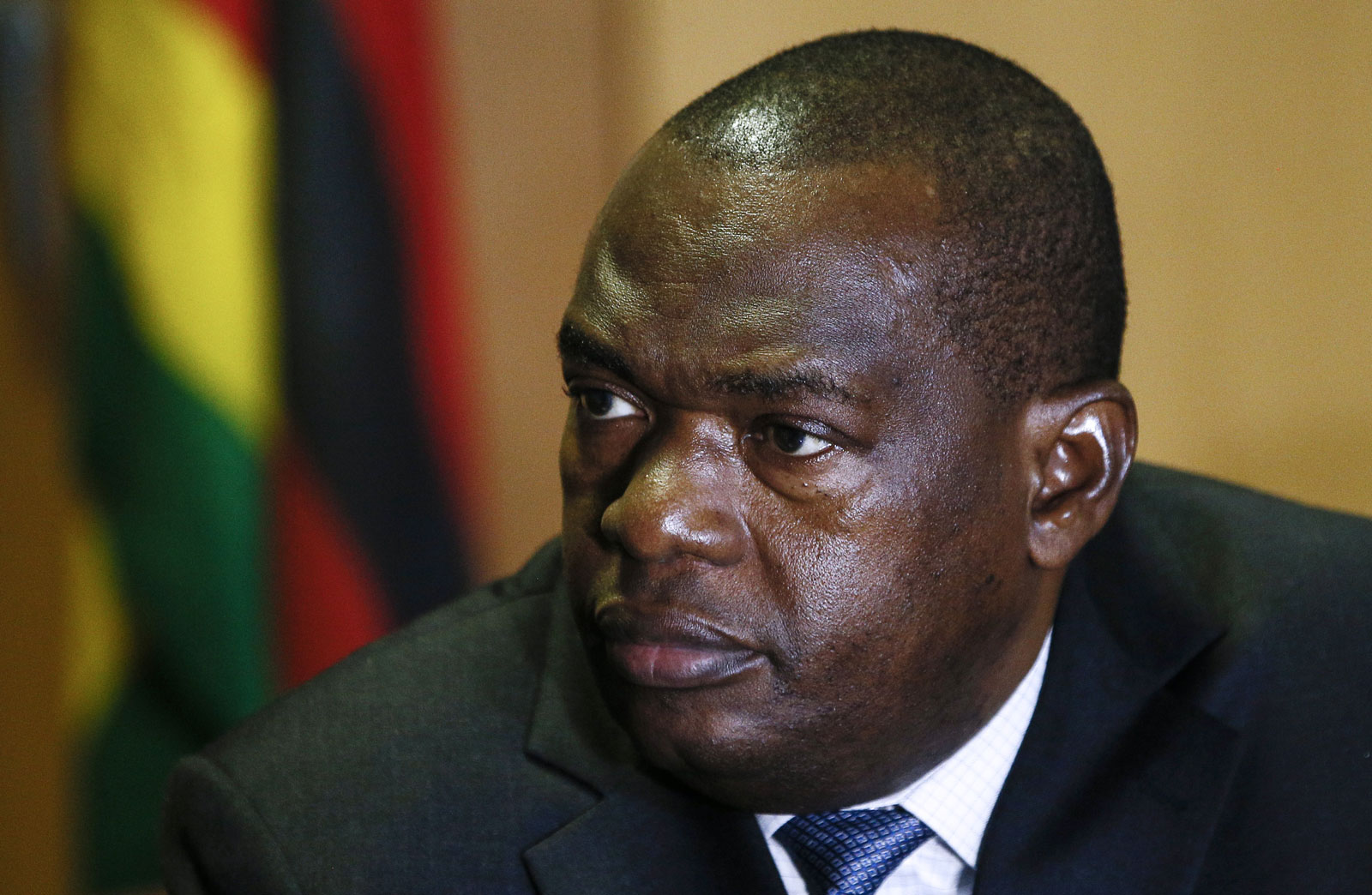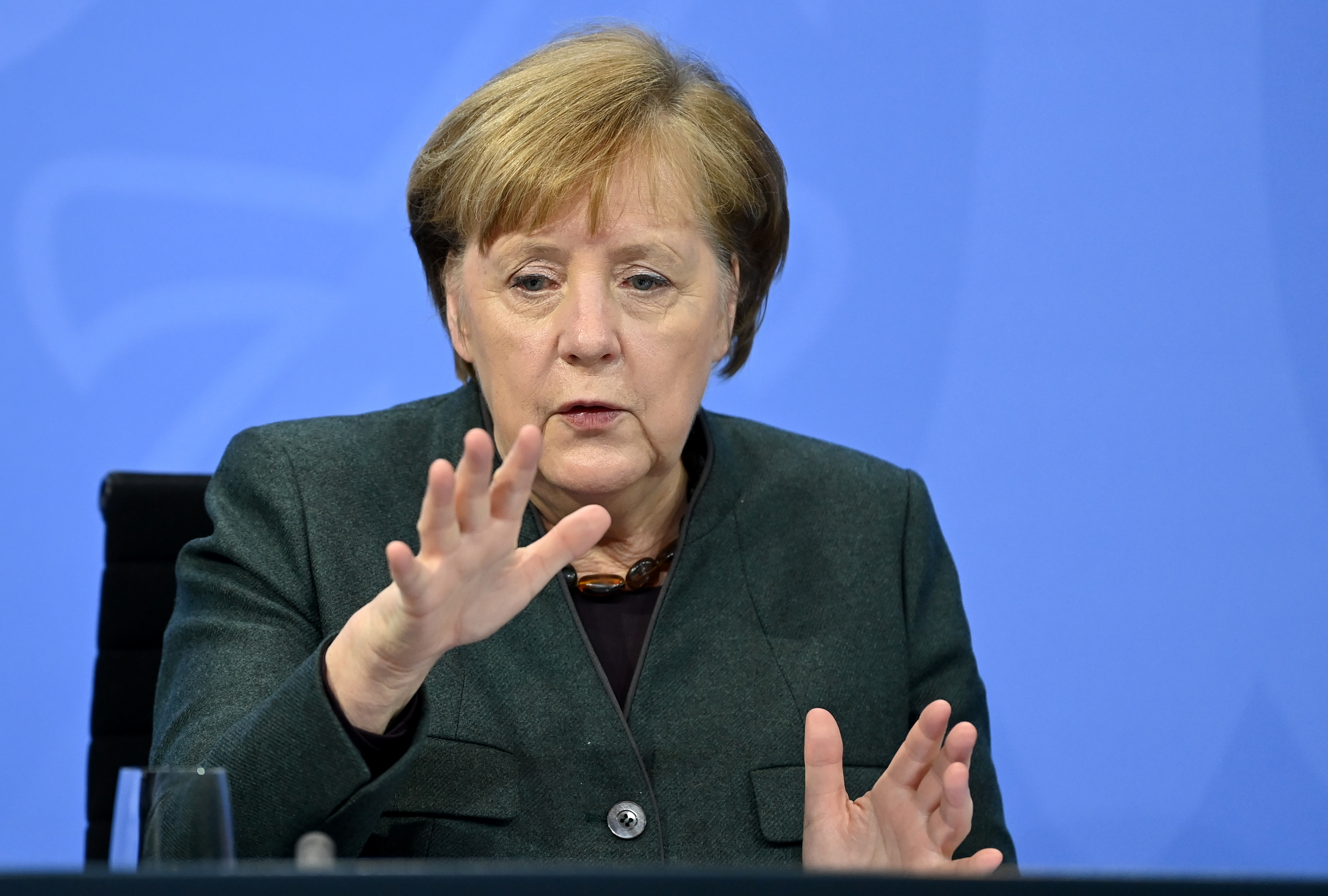Warning of a third coronavirus wave from more transmissible coronavirus variants, Dutch Prime Minister Mark Rutte said Wednesday his government will try to get parliamentary approval for a nationwide curfew between 8:30pm and 4:30am.
“We need to do the utmost to stay ahead of that third wave, and keep it as small as possible,” Rutte said. “What the cabinet is presenting today will undoubtedly ask a great deal of people again, but it will also yield us a great deal.”
Pending parliamentary approval, people in the Netherlands will not be allowed to be outside between 8:30pm and 4:30am. The curfew would be in effect, like the lockdown, until February 9. The curfew would also mean that all life-sustaining stores, like supermarkets, would have to close at 8:30pm. (There would be a number of exemptions that would require the person to carry a signed letter, written by themselves, explaining their reason for being outside.)
“What we want to achieve is fewer groups, less road usage, and especially fewer home visits – fewer contacts in order to prevent infections,” Rutte said.
Other new measures:
- The Netherlands will also ban flights, starting Saturday, from high-risk areas, which Rutte identified as the United Kingdom, South Africa, and all countries in South America. But it's worth noting there are exceptions for freight, medical travelers, repatriation, journalists, and elite athletes.
- A double coronavirus test for those traveling to the Netherlands will now be required. That means travelers will need to have a negative PCR test 72 hours before departure, and a “quick test” right before departure. (Previously only a PCR test was required.)
For background:
The Netherlands has been in lockdown since December 16. Rutte announced last week that it would be extended until at least February 9. It is more stringent than anything implemented during the first wave, in spring 2020, when non-essential shops were allowed to remain open. (They are now closed.)
The number of reported coronavirus infections in the Netherlands are falling but still significant. There were 38,776 positive reported cases in the seven-day period from January 12 to 19, according to the National Institute for Public Health and the Environment. That was a decrease from the 49,398 reported between January 5 to 12.
